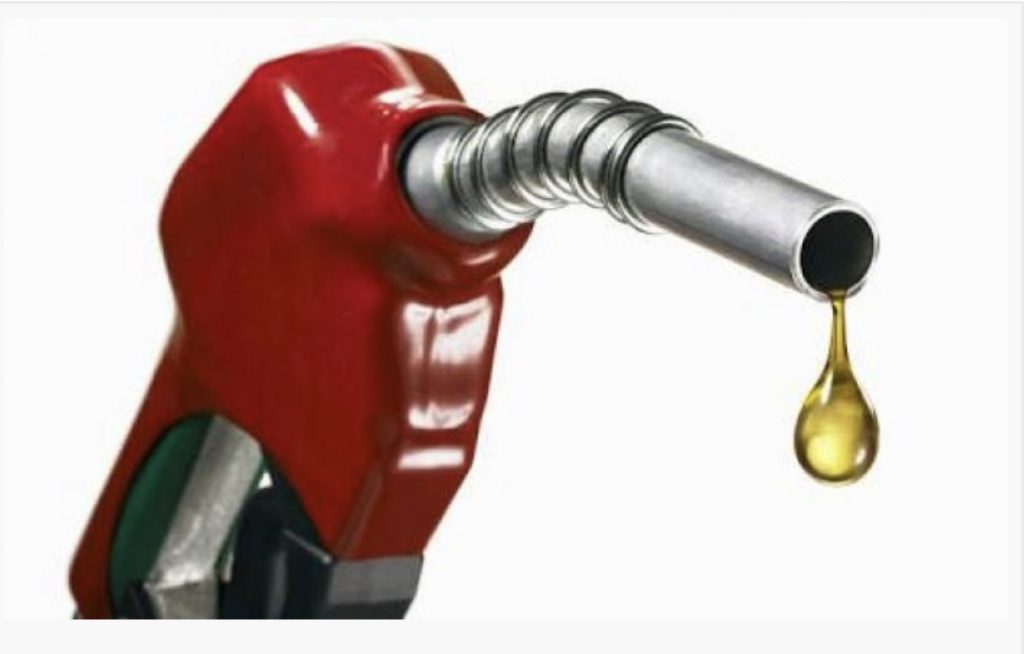Amidst energy price pressures in Africa’s copper producer, Zambia, the Energy Ministry on December 27, announced an extermination of customs duty on petroleum products into 2023. This was contained in a communique from the energy authorities to the Oil Marketing Companies. The Zambian authorities, have amended the customs duty rate in Chapter 27 of the Customs and Excise Act Cap 322 from 25% to free rate (0%). This applies to importation of petrol and low sulphur gas oil and shall come into effect on 01 January 2023.
READ ALSO: With the expiration of tax waivers Africa’s copper hotspot, petroleum prices expected 11% higher
Petroleum energy reforms in the Southern African nation, have gyrated between import waivers, monthly reflective pricing, extermination of subsidies and state divorce from fuel procurement to improve supply chain efficiencies. Much of this has been to support the reorganization of its fiscal purse in the wake of balance sheet vulnerabilities. This was in the quest to maximize its economic production possibilities amidst a debt crisis and muted growth. The International Monetary Fund on 31 Augustapproved Zambia’s request for financial assistance in a $1.3 billion Extended Credit Facility supported by local benchmarks set by the Ministry of Finance of optimizing use of resources through reallocation to key sectors of the economy.
Other prescriptions that the authorities have issued, include suspension of licenses on petrol imports which is a move aimed at easing the cost of doing business. Additionally, 50% of the petroleum transportation will be reserved for locals. Zambia’s tax stance on import duty applies only to gasoline while the authorities continue to pursue the likely option of diesel importation through the Tazama pipeline directly. Other considerations in the energy reform process include blending of ethanol at the state owned Indeni plant which historically was classified as a refinery until earlier this year.
The last few months of 2022 have seen a surge in pump prices of diesel, gasoline and Jet Air fuel on the back of supply and demand pressures on the global crude market in addition to exchange rate volatility in the Kwacha markets. However, given the easing pressures in the oil markets, fuel prices are expected to ease supported by an 11% decline in Brent prices in the month of December. Ice Brent is trading for $84.11 a barrel while NYMEX West Texas Intermediate futures are priced at $79.44 a barrel. Offsetting these gains in part is depreciation of the Kwacha against the US dollar as seasonal agriculture input demand continues to weigh.
This tax amendment comes at a time cost push inflationary pressures loom in the wake of climate induced load management as a consequence of plummeting dam levels at the Kariba. The new tax change will absorb price pressures and will give manufacturing pulse a positive cue.
The Kwacha Arbitrageur

